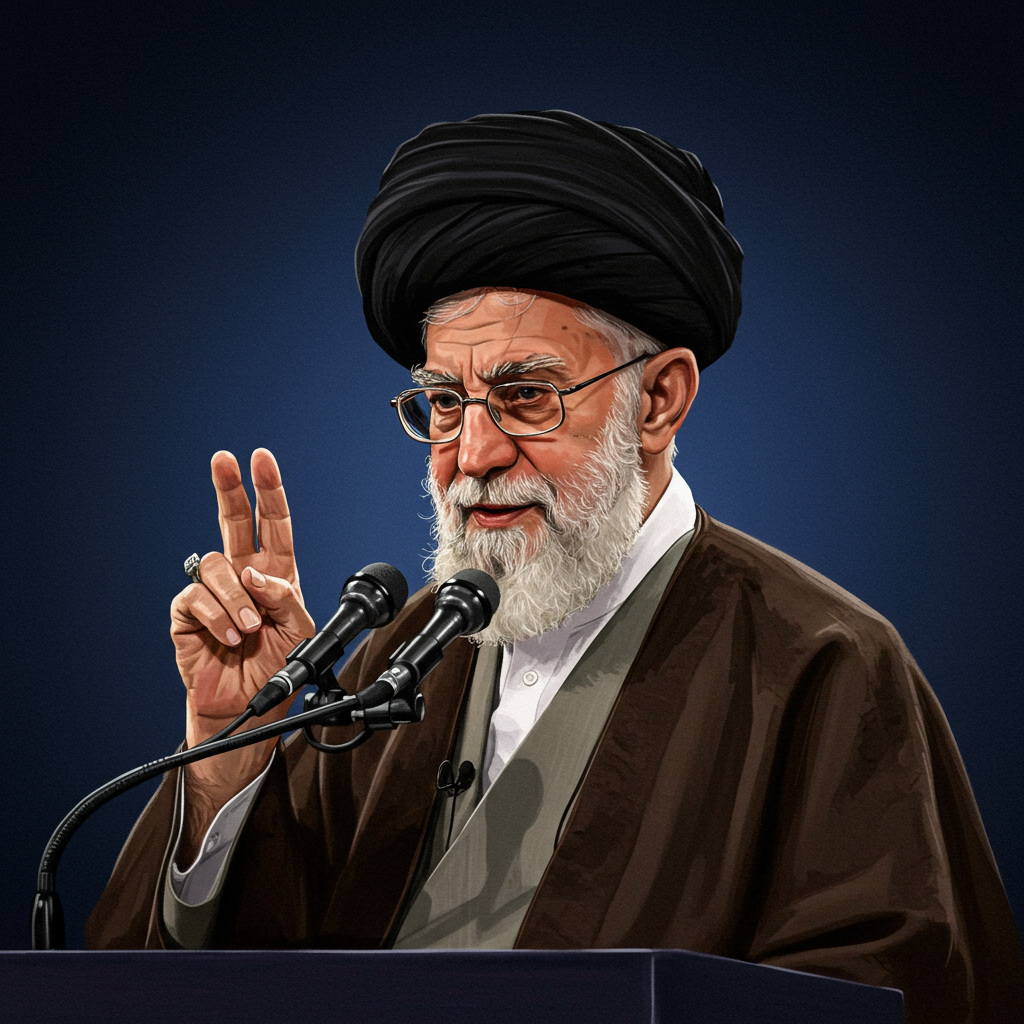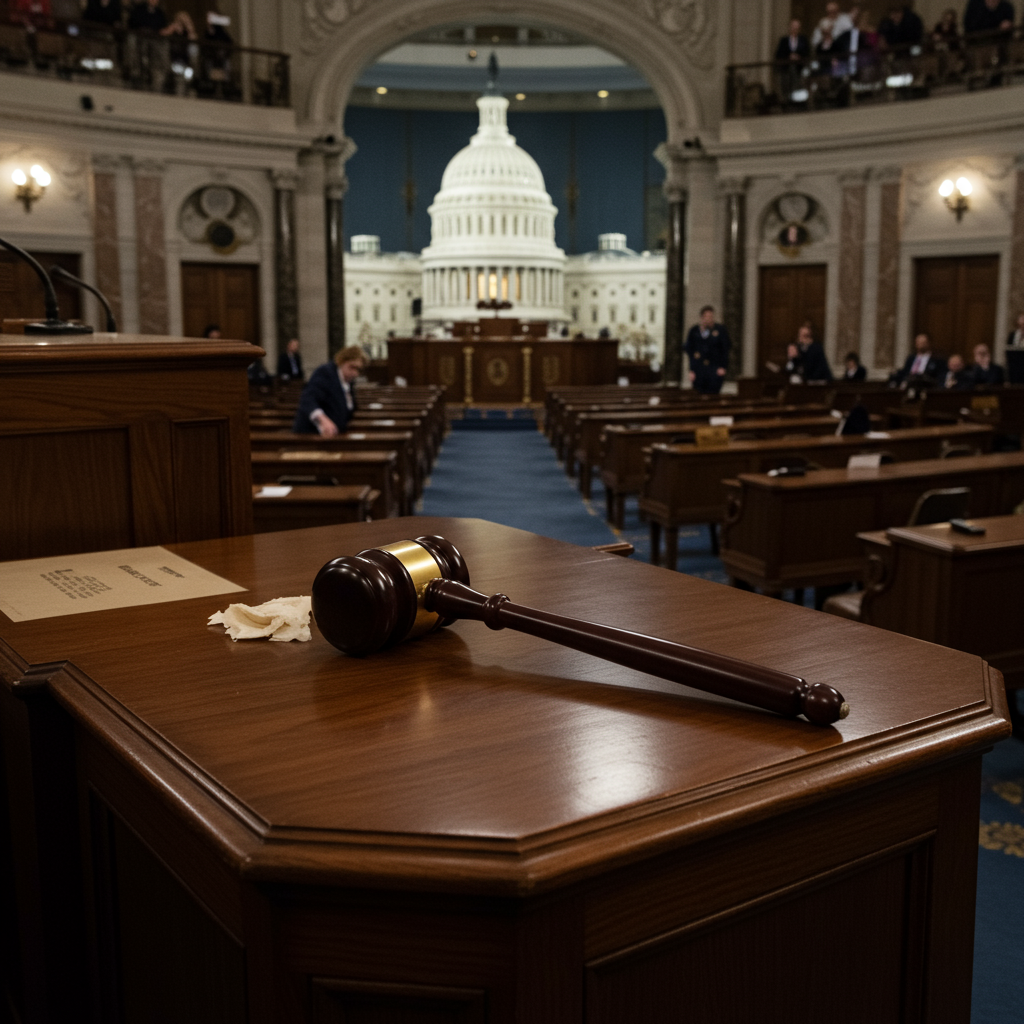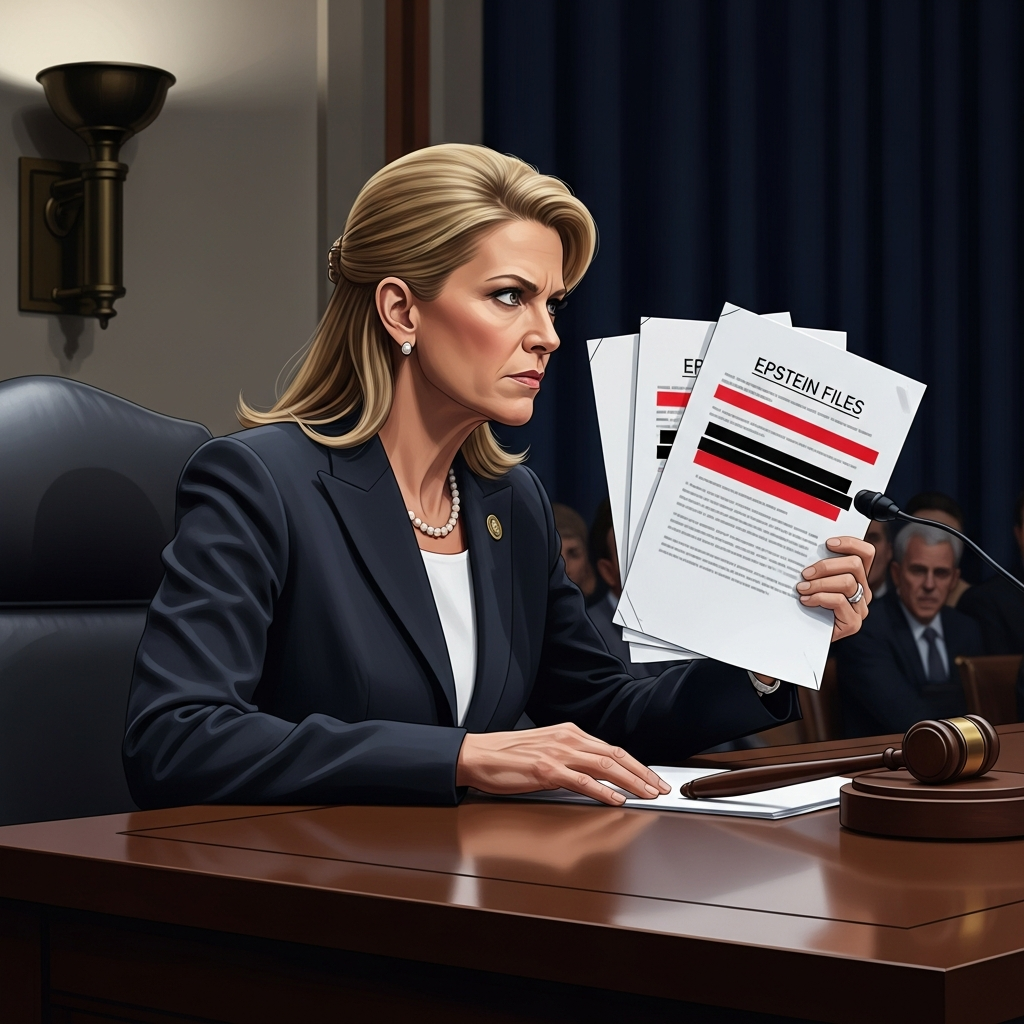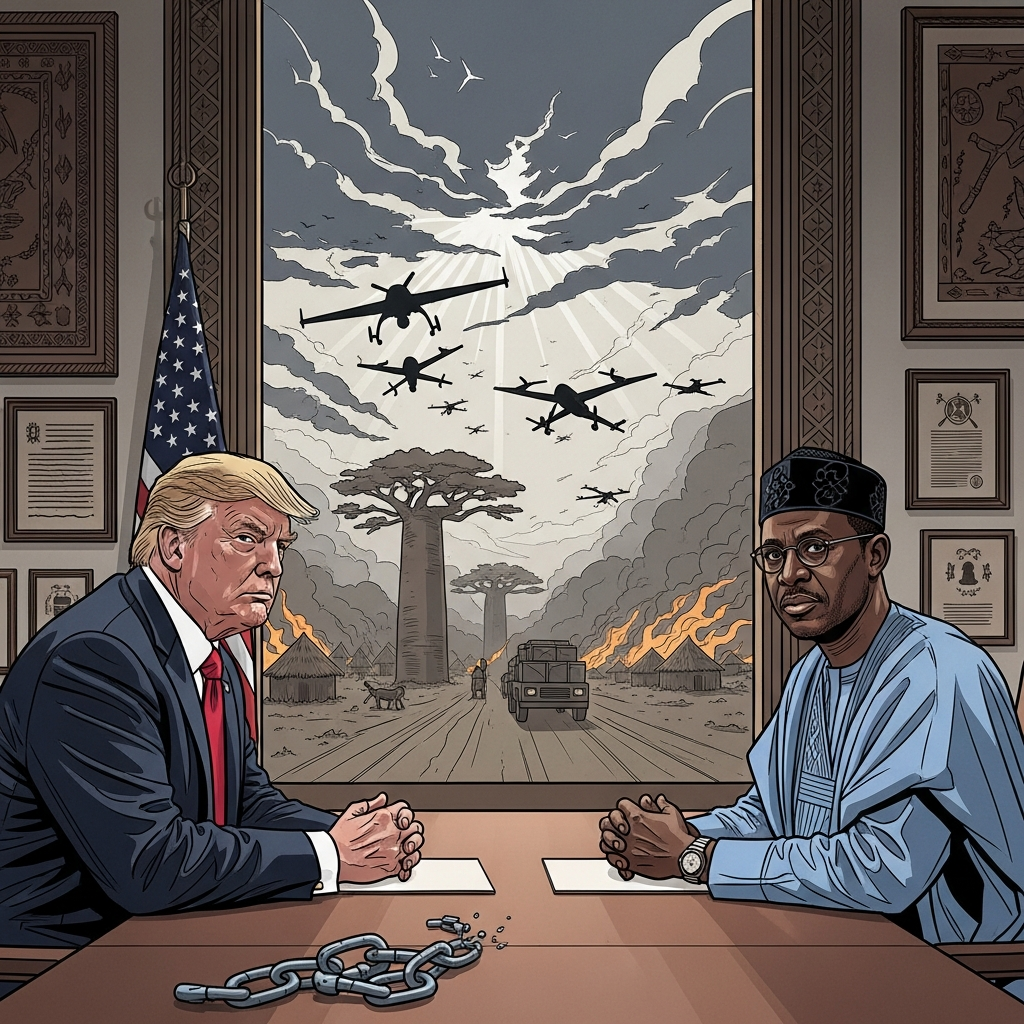Iran’s Supreme Leader Declares ‘Victory,’ Threatens US Post-Ceasefire
Ayatollah Ali Khamenei, Iran’s Supreme Leader, has emerged from a period of silence following the recent conflict with Israel, making his first public statement since a ceasefire took effect. In a televised address on Thursday, Khamenei declared Iran had achieved “victory” and delivered a direct rebuke to the United States, referencing a strike on a US base in Qatar as a “hand slap to America’s face.”
The powerful 86-year-old leader, appearing visibly tired with a hoarse voice, had reportedly taken shelter in a secret location since hostilities began on June 13. His return to public view comes as life in Iran is gradually resuming a semblance of normalcy, with airspace reopening and businesses restarting operations.
A Warning to Washington
Khamenei’s remarks were laden with warnings directed at the US. He asserted that Washington’s intervention in the 12-day conflict was solely motivated by a fear that Israel, which he referred to as the “Zionist regime,” would be “utterly destroyed” otherwise. Despite this intervention, he claimed the US “achieved no gains from this war.”
Referencing the Iranian missile attack on a US base in Qatar earlier in the week, which reportedly caused no casualties, Khamenei called it a “retaliation” and proof of Iran’s capabilities. He issued a stark warning that “such an action can be repeated in the future,” emphasizing that Iran maintains “access to key U.S. centers in the region and can take action whenever it deems necessary.” He added, “Should any aggression occur, the enemy will definitely pay a heavy price.”
The Impact of US Strikes: Conflicting Assessments
The recent conflict saw significant escalation, including a “massive American attack” on June 22 using bunker-buster bombs targeting Iranian nuclear facilities. The effectiveness of these strikes has been a subject of debate. While the Trump administration repeatedly claimed the attack had “completely and fully obliterated” Iran’s nuclear program, suggesting years of setback and material “buried under miles and miles of rubble,” some assessments offered a different view. A classified CNN report reportedly indicated the damage was less severe, setting back the program by months at most.
Adding to the complex picture, the head of the UN nuclear watchdog, Rafael Grossi, described the damage to facilities as “very, very, very considerable,” though stopping short of calling them annihilated. Iran’s own Foreign Ministry spokesman conceded their nuclear installations “have been badly damaged, that’s for sure.” Israeli officials also offered a cautious assessment, calling the blow “significant” but noting it was “still early” to fully gauge the long-term impact.
Ceasefire and Future Prospects
US President Donald Trump played a role in negotiating the ceasefire that took effect on Tuesday. Amidst the de-escalation, there have been mentions of potential diplomatic paths forward. President Trump stated that US and Iranian officials would engage in discussions next week, with his special envoy expressing hope for a “comprehensive peace agreement.” Trump characterized both sides as “tired, exhausted” by the conflict.
Iran, while denying seeking nuclear weapons, maintains its right to peaceful atomic energy and has signaled openness to returning to nuclear negotiations. However, potential challenges remain, including a proposal fast-tracked by Iran’s parliament that could end the country’s cooperation with IAEA monitoring of its nuclear activities.
The human cost of the conflict was substantial. Reports indicate casualty figures in Iran ranging from over 600 deaths according to Tehran’s health ministry, to over 1,000 including civilians and security forces according to Human Rights Activists. Israeli officials reported 28 deaths.
Khamenei’s address underscores Iran’s defiant stance and its intent to project strength in the aftermath of the intense hostilities, despite the conflicting assessments of the conflict’s impact and the uncertain path towards potential future talks.




